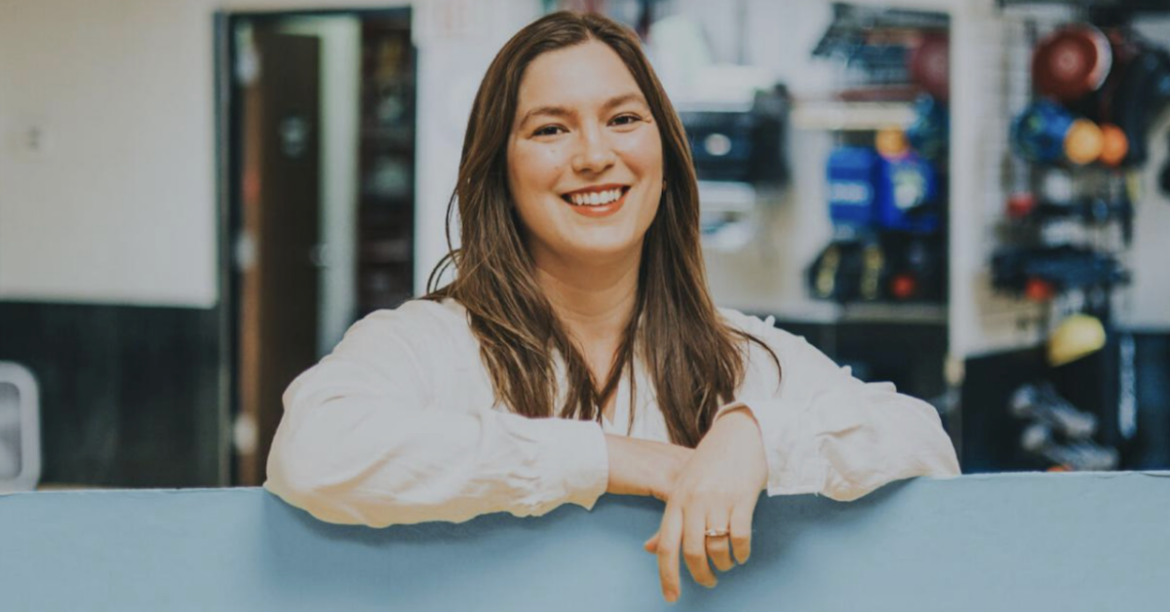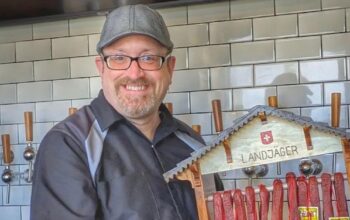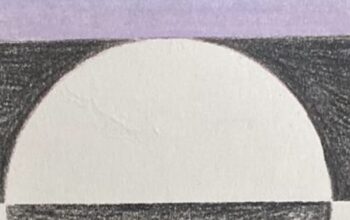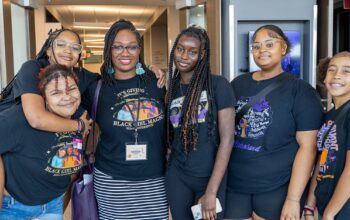Ali Treviño-Murphy was born in Montreal and grew up in a martial arts family. Her parents opened a martial arts school in 1989 on State Street, where her mother was a pioneer for women in the field. In 2007, Treviño-Murphy took over and, later, she turned the school into a cooperative, now known as Underground Self-Defense.
Underground Self-Defense offers martial arts and self-defense instruction for women, kids and adults in Madison. Treviño-Murphy is the program manager at the cooperative, overseeing the curriculum and instructors. She is also a master instructor with a fourth degree black belt and currently teaches shaolin kempo karate, kickboxing, kids kung fu and various self-defense workshops. Treviño-Murphy also co-founded the SAFE: Women’s Self-Defense course at Underground Self-Defense, which is taught by women, for women.
What do you think is the biggest challenge our community faces?
As a community member, I’m concerned about the increasing lack of affordable housing and the rising cost of living in Madison, among many other issues. But as a self-defense instructor, I do think it’s fair to say we’ve seen an increase in violent crime in recent years, especially highly publicized violent crime. So, that is a concern both in terms of safety and in terms of people’s feeling of safety. I think Madison is generally still a pretty safe place to live, but I think when we see these highly publicized violent crimes, it really shakes people’s confidence and makes people feel like they are not safe.
What do you wish people in our community understood better?
One of the biggest misconceptions about violence is people imagine a ‘stranger danger’ scenario, and while that certainly can happen, the majority of violence in most contexts occurs between people who know each other. The response to personal safety has to be more nuanced when you’re talking about someone that you may know. Also, another misconception about self defense is that it’s about fighting, when really it's about preventing violence in the first place wherever possible by recognizing it, avoiding it, de-escalating, things like that. Another misconception about self defense is that it’s not possible to effectively defend yourself against a bigger, stronger attacker without years of training. That’s just not true. We’ve heard countless success stories over the years of people who have defended themselves successfully against bigger, stronger attackers, even with no training. We do have a growing body of research showing that resistance is effective.
What is one change you would make if you could that would make life better for people in our community?
I would love to see our community investing meaningfully in violence prevention with a restorative approach…investing in people and communities so that people have what they really need: universal access to safe housing, high-quality public education, health care, mental health services, child care, healthy food, jobs with family-sustaining wages, universal income programs to fill the gaps when people need it, and then, of course, common sense gun control legislation. There is no one simple change to make to address the root causes of violence.
What in our community gives you hope?
I think this is a community filled with just so many good-hearted people and incredible activists and community leaders. The younger generations always give me hope, and, personally, I subscribe to the belief that hope is a principle, because I think that hope is an essential building block to creating a better world.
This interview has been edited for brevity and clarity.






